Publications
Articles, publications, books, tools and multimedia features from the U.S. Institute of Peace provide the latest news, analysis, research findings, practitioner guides and reports, all related to the conflict zones and issues that are at the center of the Institute’s work to prevent and reduce violent conflict.

Knox Thames on the State of Global Religious Freedom
It’s been 40 years since the U.N. adopted a resolution to end persecution based on faith and defend religious minorities. USIP’s Knox Thames says decades later, “It’s a work in progress … While the situation is bleak, there is a global movement that is starting to build and trying to meet this challenge.”

Knox Thames on the State of Global Religious Freedom
As global restrictions on faith reach all-time highs, USIP’s Knox Thames say the United States must continue to be a vocal leader in combatting persecution and pursuing religious freedom, saying, “I think the time is right … anything we say goes out like a megaphone to the rest of the world.”

Knox Thames on the Role of Religion in the Ukraine War
Russian President Vladimir Putin invoked religion as part of his justification for Russia's attack on Ukraine, believing their shared Orthodox history would lend credibility to his ambitions. "Of course, the Ukrainians beg to differ," says USIP's Knox Thames. "It's actually strengthening Ukrainian resistance to [Putin's] aggressive actions."

Promoting Peace and Stability in the Americas through Religious Freedom
The Western Hemisphere is generally known for protecting freedom of religion or belief. With a few notable exceptions, the countries of the region all enshrine religious freedom at the constitutional level and protect it through laws and policies. But in recent years, authoritarian governments in South America have increasingly viewed religious actors as threats to their regime’s survival and tried to control or crush independent religious activity.
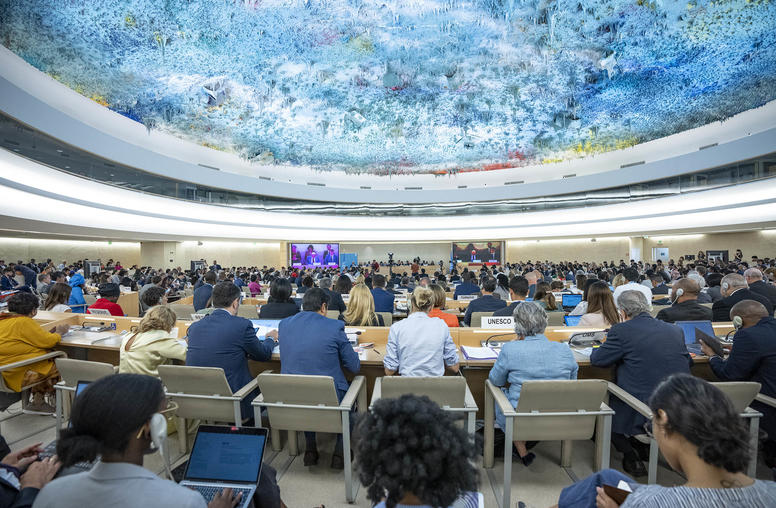
Meaningful Action Needed to Check Human Rights Abuses
Human Rights Day on December 10 provides an opportunity to consider 2023, a year with many positive and negative milestones. For instance, this year marks the 75th anniversary of landmark documents establishing the international human rights legal order. But 2023 also witnessed mass atrocities, political and religious repression, inter and intra-state conflict, and other evils. With the stark reality of ongoing human rights abuses, we should not walk away in hopeless antipathy but rather recommit to defending fundamental freedoms for all, drawing strength and inspiration from the work of preceding generations.
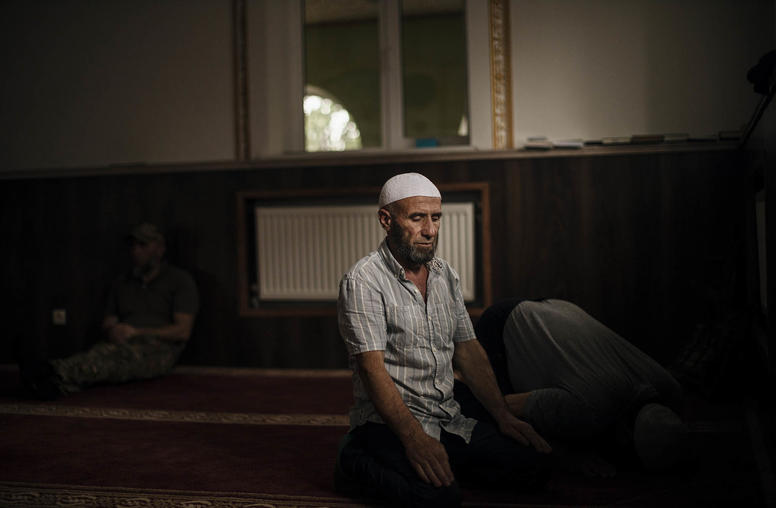
What Comes Next for the International Religious Freedom Movement?
The historic city of Prague recently hosted diplomats, civil society activists and religious leaders from 60 countries around the shared goal of global religious freedom. Convened by the Czech government, it was the fifth gathering since the United States launched the ministerial process in 2018. As persecution continues worldwide, victimizing individuals from all faiths and none, the timing was right to gather those committed to promoting freedom of thought, conscience, religion or belief for all.
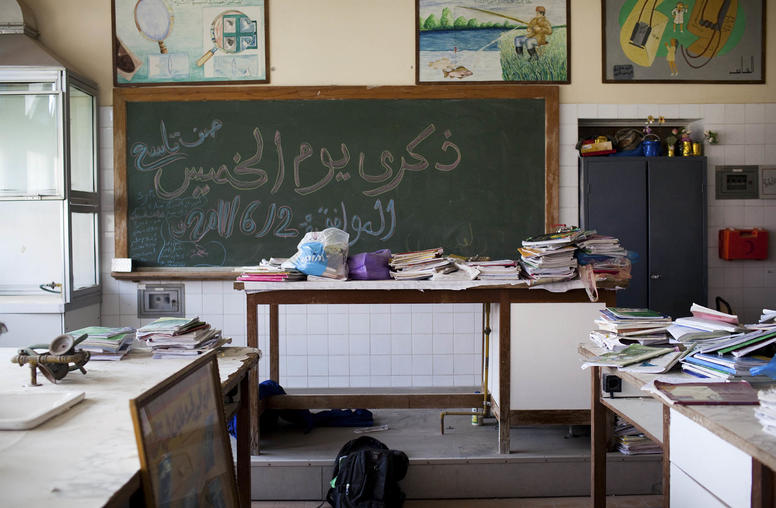
How Teaching Tolerance Can Promote Peace
Instability, conflict and human rights abuses are daily occurrences worldwide, often driven by hostility based on religion, belief or ethnicity. As policymakers look for ways to get upstream of potential human rights abuses, tolerance education can play a crucial role in preparing students to live in peace in our increasingly diverse world. The Transforming Education Summit, to be convened by U.N. Secretary-General António Guterres on September 16-19, provides an important opportunity to elevate tolerance education into the global education movement.
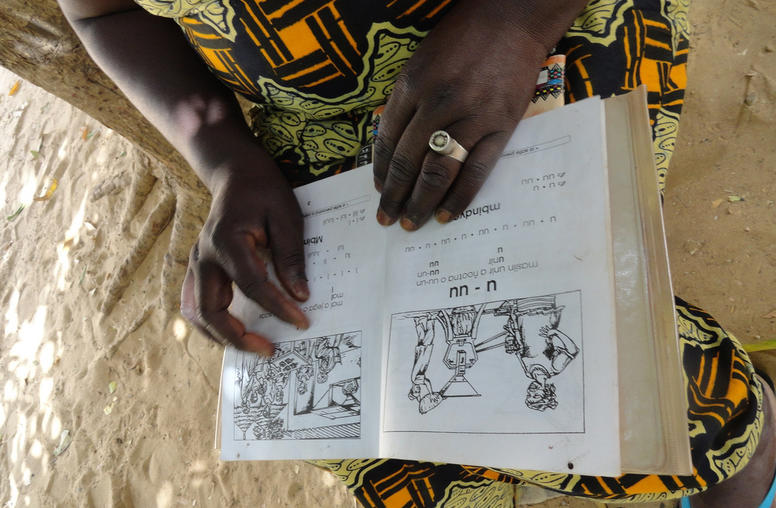
Talking to Religious Actors to Preserve Indigenous Languages
In the past, most cultural preservation efforts have focused on protecting the tangible manifestations of heritage such as buildings, worship sites and other physical items. But a 2019 U.N. resolution on the rights of Indigenous peoples emphasized the critical loss of Indigenous languages and its importance to their cultural heritage, thus mandating an international effort to “preserve, revitalize and promote Indigenous languages.”
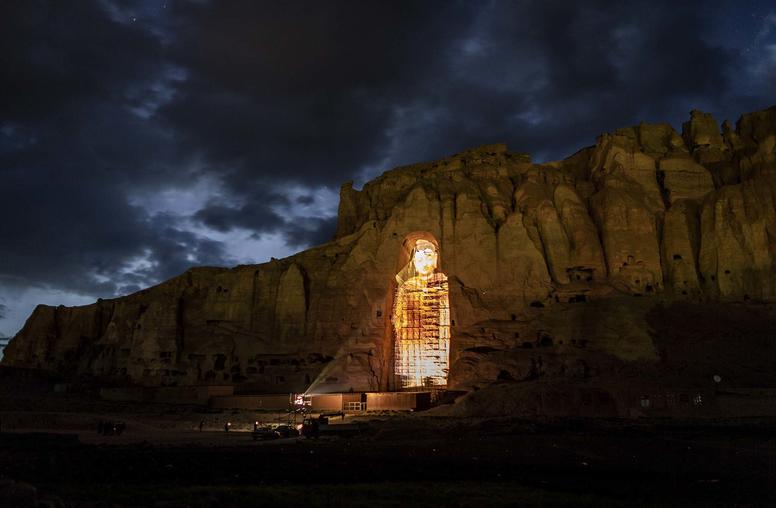
Missing Piece of the Puzzle: Preserving Religious Diversity by Protecting the Past
The United Nations General Assembly in January adopted a noteworthy resolution, “Promoting a Culture of Peace and Tolerance to Safeguard Religious Sites,” highlighting the often-ignored nexus between protection of cultural heritage and preservation of religious pluralism and peaceful coexistence. The resolution’s aims are broad, calling for “strengthened international efforts to foster a global dialogue on the promotion of a culture of tolerance and peace at all levels.” But it also mandates the U.N. secretary-general to convene an international conference focusing on the “United Nations Plan of Action to Safeguard Religious Sites.”
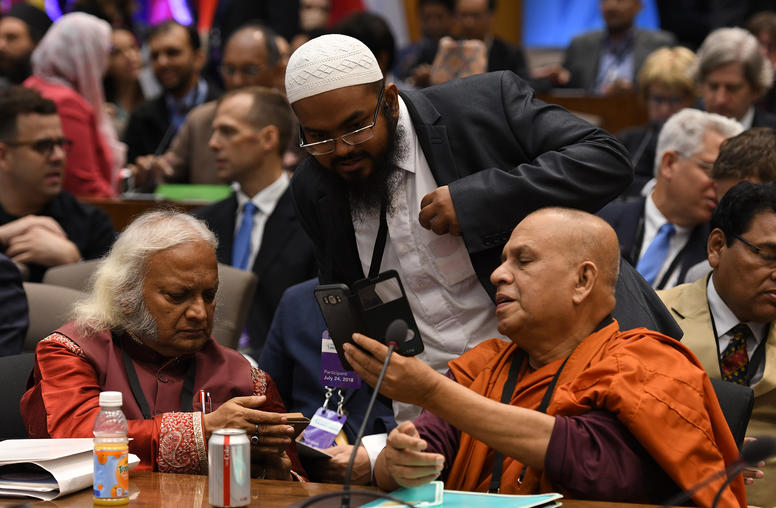
Human Rights Education as the Solution to Religious Persecution
Persecution on account of religion or belief confronts every community somewhere around the world—and it is an increasing trend. Challenges range from terrorist violence against minorities, such as ISIS’ depravations against Yazidis, to persecution by authoritarian governments, with China’s targeting of all faiths a prime example. To organize a defense of freedom of conscience and belief, the United States convened the Ministerial to Advance Freedom of Religion or Belief in 2018 and 2019, bringing together a virtual congress of nations and civil society activists from around the world. The third ministerial, organized by Poland, was held virtually in mid-November. Discussions identified challenges but also solutions. One consistent answer to the vexing problem of persecution was proffered: educating youth about human rights and pluralism.